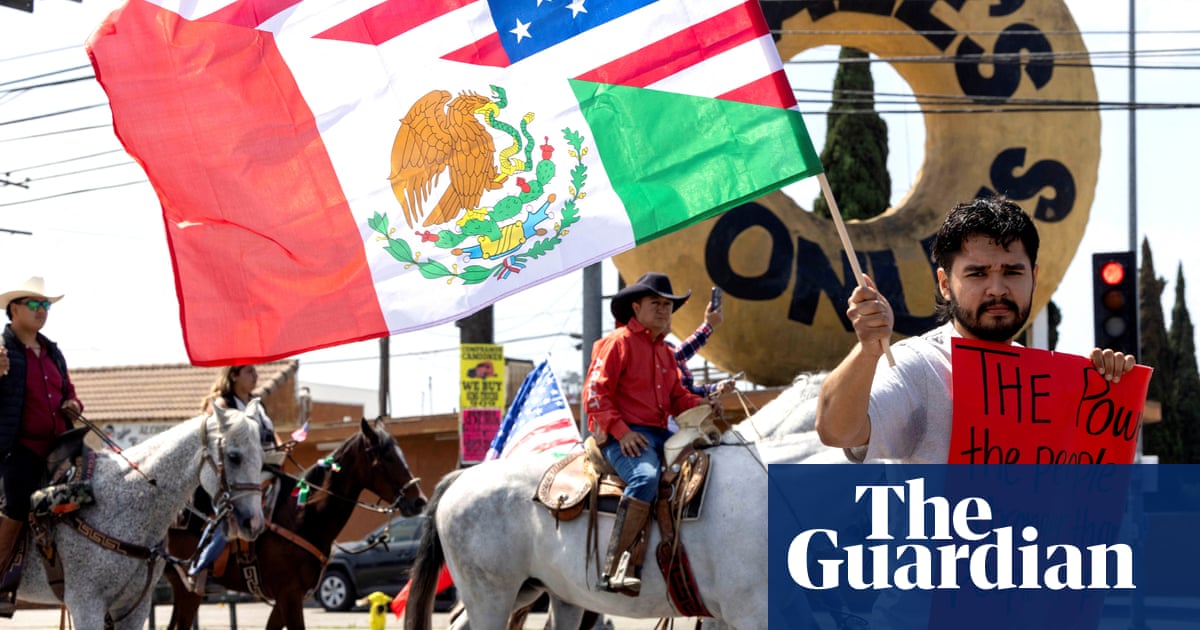Supreme Court Decision on Deportations: A Turning Point in Immigration Policy
On Monday, the U.S. Supreme Court delivered a significant ruling that allows the Trump administration to resume deporting immigrants to countries other than their own. This decision comes amid ongoing discussions about the safety and human rights implications of such deportations, particularly to conflict-ridden regions like South Sudan.
Court’s Rationale
The Supreme Court, with its conservative majority, issued a brief, unsigned order that paused a prior ruling from a Boston-based federal judge. This earlier ruling had mandated that immigrants scheduled for deportation to "third countries" must be granted a "meaningful opportunity" to present their cases. This includes evidence that they may face torture, persecution, or death if deported. By lifting this requirement, the Supreme Court has effectively streamlined the deportation process for the Trump administration, which has consistently pushed for more aggressive immigration enforcement.
Implications of the Ruling
The implications of this ruling are profound. Critics argue that the court’s decision dismantles critical protections for vulnerable immigrants, particularly those fleeing violence or persecution. The ability to present their claims is seen as essential in a humanitarian context, ensuring that deportations are not only legal but ethical. The ruling highlights a growing tension between the executive branch’s immigration agenda and the judiciary’s role in safeguarding individual rights.
Trump’s Claims of a Ceasefire in the Middle East
On the same day, Donald Trump made headlines by claiming that Israel and Iran had negotiated a "Complete and Total CEASEFIRE." According to Trump, this agreement would mark the end of a two-week conflict characterized by tit-for-tat strikes resulting in hundreds of casualties. As tensions escalated in the region, the announcement of a potential ceasefire adds another layer of complexity to the continually evolving narrative around Trump’s foreign policy objectives.
Responses from Lawmakers
In response to the increased militarization of U.S. foreign policy under Trump, a group of 12 House Democratic military veterans has rallied against the President’s authority. They are advocating for a War Powers Act resolution in light of Trump’s recent airstrikes on Iranian facilities, highlighting the concerns around unilateral military action without congressional approval. Their critiques draw parallels to the lead-up to some of America’s longest conflicts, underscoring a commitment to returning military decision-making to a more democratic process.
Medicaid Cuts and Political Repercussions
While the Supreme Court’s ruling on deportations has captured significant media attention, another contentious issue looms on the horizon: proposed cuts to Medicaid. Advocates are voicing strong opposition against Senate Republicans who support a plan to cut billions from healthcare programs in order to extend tax breaks primarily benefitting corporations and wealthy individuals. This proposal risks not only the safety net for millions of low-income Americans but also challenges traditional GOP support in predominantly red states that rely heavily on Medicaid.
Local Electoral Dynamics
In local electoral news, Zohran Mamdani, a Democratic candidate for mayor of New York City, has gained traction in recent polls, appearing nearly equal to former Governor Andrew Cuomo. This trial reflects a shifting political landscape within the city as voters navigate issues of fairness, transparency, and the leaders they wish to see in office.
Daily Snapshot
This array of events highlights the intricate tapestry of American politics, where immigration, military authority, healthcare, and local governance intersect. Each issue not only represents its own set of challenges and debates but also underscores the evolving nature of the political discourse in the United States today.
By focusing on the varied aspects of these developments, one gains a better understanding of the current political climate and the myriad forces at play within it, all while keeping an eye toward their implications for both individuals and the nation as a whole.


